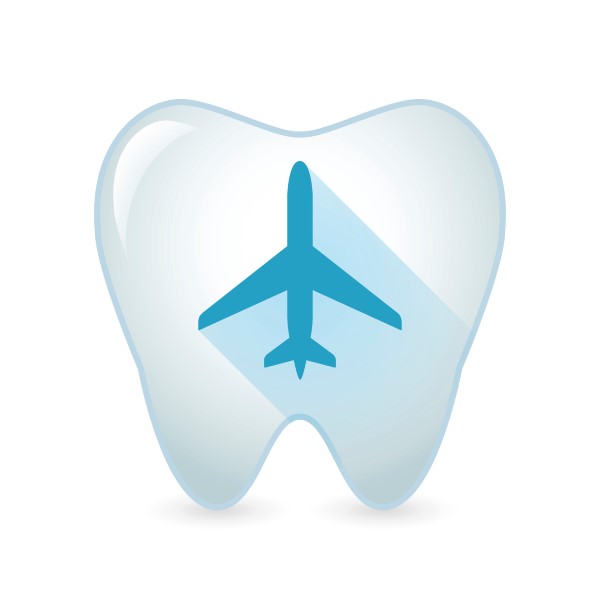Dental work in smaller countries often costs just a fraction of the price of having the same procedure done in the United States. Consequently, a plethora of dental clinics have popped up in border towns and tourist destinations, leading to an explosion in dental tourism. It can be tempting to travel in order to save money on your dental work, but it is wise? Here is a look at the pros and cons.
Costs
Pro: The cost of the procedure is often significantly lower than the cost of the same procedure in the U.S.
Con: Many countries do not have the same truth in advertising laws as the United States, and competition between clinics can be fierce, leading to abnormally low advertised prices. You absolutely must do your due diligence to ensure that all hidden fees are disclosed. Once those are factored in, the savings may be less than you expected.
Con: Travel expenses could negate any cost savings. Determine how you will get to your clinic of choice, where you will stay, and how many meals you will need. Add up all of those expenses, and then add a buffer in case something goes wrong and you need to extend your stay.
Quality of Care
Pro: Some international dentists are excellent, and many people rave about their dental tourism experiences.
Con: Just like American dentists, some international dentists are terrible, and horror stories are easy to find. Before making any commitments, do some research. Make sure the dentist is well trained, experienced, and accredited. Check with Patients Without Borders, the World Dental Federation, and the Academy of Dentistry International for recommendations. Also read multiple reviews from patients who traveled internationally to the dentist you are considering. Make sure that the office is clean, safe, and up to date. Find out if the results were long-lasting and approved by their U.S. dentist.
Con: Recourse may be difficult. What happens if something goes wrong during the procedure? What if your new restoration falls apart in six months? Trying to pursue recourse internationally against a dentist who practices in a country that may have different consumer protection laws could prove challenging. Make sure you have a backup plan.
Planning Your Trip
If you find an international dentist that you truly trust, and the financial aspects make sense, take the time to carefully plan every detail. Get your U.S. dentist on board, and ask both dentists to work together to create your treatment plan. Ask your dentist to send copies of your photos and X-rays by email, and carry physical copies with you as well.
Ask the international dentist how many appointments you will need, and the total number of nights you will need to spend in town. Pre-plan every detail of your transportation to and from the airport, and between your hotel and the clinic. Invest in a nice hotel room close to the clinic where you can rest, and do not plan for any sightseeing.
Find out whether your regular health insurance will cover you during a dental tourism trip, and check with your dental insurance company to see if the work can be covered (unlikely but possible, especially in a border town). Consider purchasing trip insurance. Also plan to bring someone you trust with you to play a support role, act as an advocate, and handle any emergencies that might arise. Carry enough cash to cover a few extra nights in your hotel, as well as meals and personal expenses during that time.
Dental tourism is a highly complex issue with many pros and cons. Ultimately, whether it is right for you depends on a lot of different factors, from your budget to your overall health to exactly what treatment you are considering. Work with your U.S. dentist every step of the way, and do your due diligence so that you know exactly what to expect.
Conveniently located in Woodbury, MN, Creekview Dental provides a progressive yet conservative approach to dental care. Our innovative, highly personalized procedures are focused on maintaining tooth structure and providing you with the healthy, beautiful smile you deserve. Call us today at 651-738-8204 to take the first steps on the road to better dental health.
